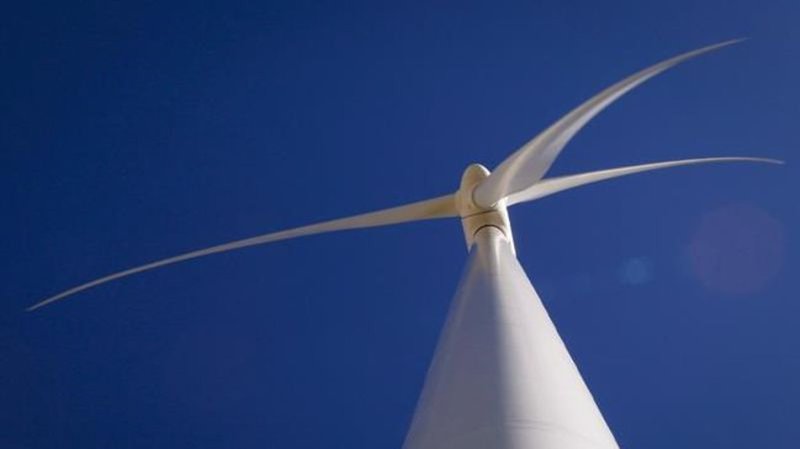
Indigenous communities leading the switch to renewable energy in the North
YELLOWKNIFE — An energy-focused think tank says Indigenous energy sovereignty in Canada’s North is “absolutely critical and fundamental” to addressing climate change, but more support is needed.
The Pembina Institute is criticizing the latest plan from the Northwest Territories to reduce greenhouse gas emissions, saying meaningful Indigenous engagement and partnerships should be a greater priority.
Earlier this month, the territory released a second three-year action plan under its 2030 energy strategy, detailing initiatives it says will reduce emissions by 51 kilotonnes by 2025, slightly below a previous target of 57 kilotonnes. The plan includes grants and incentives to save energy in buildings, support for electric vehicle charging stations and major infrastructure projects.
“We were just hoping to see a much more detailed plan and outreach strategy to really engage all the Indigenous communities on how they want to and can be involved in supporting the N.W.T. and leading their own energy reductions,” said Dave Lovekin, Pembina Institute’s director for renewables in remote communities.


